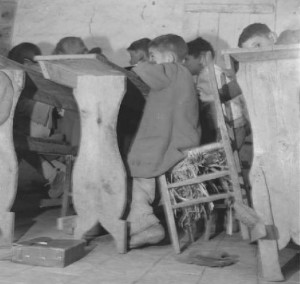L’educazione come “oltre accessibile”. Una proposta di riforma del sistema educativo
DOI:
https://doi.org/10.13135/2038-6788/9191Parole chiave:
Accessibilità, Competenze, Educazione, Istituzioni, Laureati, Livelli, Oltre, PersoneAbstract
The educational system—first of all, schools and universities—is an institution; yet an institution is a dwelling for human beings. What is this dwelling like? What kind of (public) space is it? It would not be a dwelling if it were not fully accessible, or even better, if it were not a place which we do not even need to access because we are always already in it. It would not be an educational and formative system, however, if such full accessibility were not to be inclined in the direction of a “beyond,” of a demanding goal that is to be attained. How can we concretely think of such an accessible beyond? The essay advances a reform of the learning system arranged according to competencies and levels. Any discipline, from math to Kung Fu, should comprise twelve levels of competency and mastery of the subject-matter. Students could, for example, attend Chemistry 10, English 6, and tailoring 11. The sequencing of levels would be independent from degrees. Theoretically, one could earn no degree at all after high school graduation and yet keep studying (perhaps for the entire life) and attain elementary, average, or excellent levels within specific disciplines. Degrees would be necessary for practicing certain but not all professions. Degrees would be like the weft of a fabric whose levels would be the web. An electronic ID of one’s attained educational levels (and degrees) would map out one’s profile in a second, thereby rendering job searches and offers easier.


